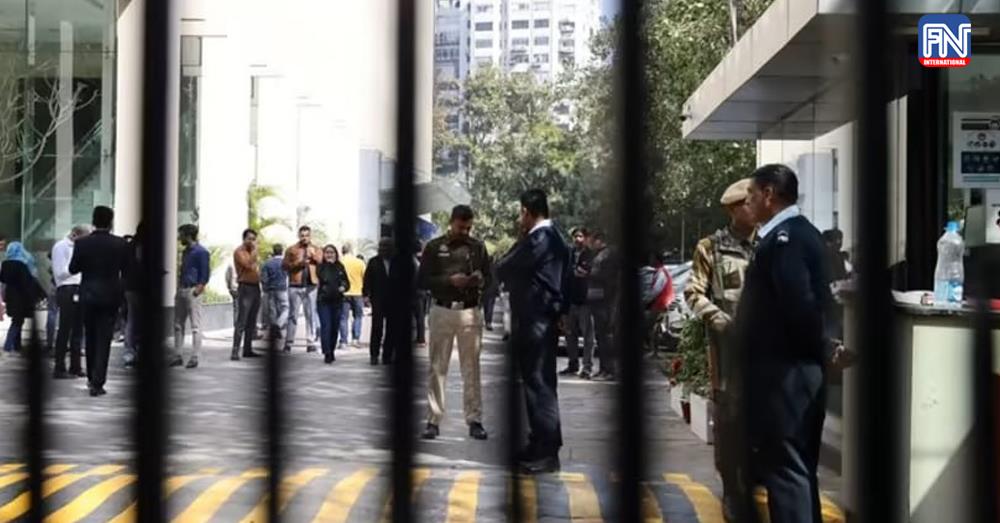NEW DELHI, Feb 15 (Aljazeera) - Indian tax officers have searched the BBC’s offices in New Delhi and Mumbai for a second straight day, questioning staff about the organisation’s business operations in the country, some staff members said.
The BBC management told editorial and other staff members to work from home after they were able to leave the office on Tuesday night, said staff who spoke on condition of anonymity as they were not authorised to talk to media.
There was no overnight break in the search and investigators scanned the desktops of some employees who were earlier told not to use their phones and keep them aside, the staff members said on Wednesday.
A New Delhi-based BBC employee said officials had been “confiscating all phones” during the tax raid.
Indian income tax officials have not made any statements since the searches were launched in the BBC’s New Delhi and Mumbai offices on Tuesday morning.
The Press Trust of India news agency said the officials were making copies of electronic and paper-based financial data from the organisation.
India’s tax department is investigating the BBC’s “deliberate non-compliance with the transfer pricing rules” and its “vast diversion of profits”, the Indian Express newspaper reported.
According to officials, the focus of the so-called surveys is to look into “manipulation of prices for unauthorised benefits, including tax advantages”, the report said.
The tax raids came nearly a month after the BBC aired a two-part documentary critical of Prime Minister Narendra Modi’s role in the 2002 riots in his home state of Gujarat, in which more than 1,000 people – most of them Muslims – were killed.
The second portion of the 92-minute documentary examined “the track record of Narendra Modi’s government following his re-election in 2019”, according to the BBC website.
The programme drew an immediate backlash from India’s government, which invoked emergency powers under its information technology laws to block it from being shown in the country.
Local authorities scrambled to stop screenings organised at some Indian universities, and social media platforms, including Twitter and YouTube, complied with government requests to remove links to the documentary.





